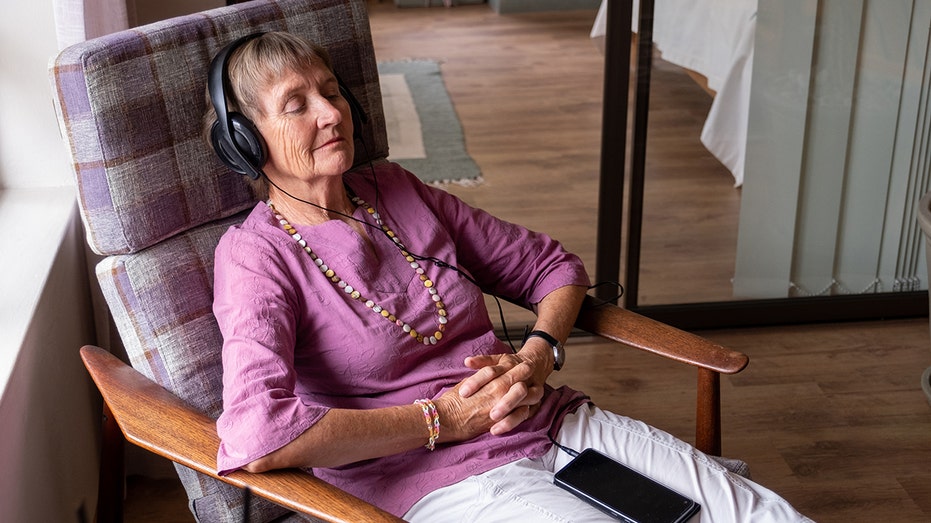URGENT UPDATE: A groundbreaking study from Monash University in Melbourne, Australia, reveals that listening to music could significantly reduce the risk of developing dementia by nearly 40% for adults aged 70 years and older. As the global population ages, this finding shines a light on an accessible way to combat cognitive decline.
The research, led by Emma Jaffa and Professor Joanne Ryan, tracked over 10,800 adults over several years. The study found that those who regularly listened to music experienced a 39% lower risk of dementia, while individuals who played musical instruments showed a 35% reduction in risk. Engaging in both activities provided even greater protection against cognitive decline.
“With no cure currently available for dementia, the importance of identifying strategies to help prevent or delay onset of the disease is critical,” said Professor Ryan. This reinforces the idea that mental wellness is not solely determined by age and genetics, but can also be influenced by lifestyle choices.
Regular participation in music-related activities was also linked to a 22% reduction in the risk of mild cognitive impairment, which can precede dementia. Participants displayed higher overall cognition and improved episodic memory, essential for recalling everyday events.
According to the World Health Organization, dementia currently affects about 57 million people worldwide. While this study does not definitively prove that music prevents dementia, it suggests that engaging with music could be an effective strategy for maintaining cognitive health.
Researchers noted that the most pronounced benefits were seen in older adults with higher education levels, specifically those who completed at least 16 years of schooling. However, results for individuals with moderate education levels yielded mixed outcomes.
Dr. Morten Scheibye-Knudsen, an associate professor at the University of Copenhagen, emphasized the importance of mental stimulation, but cautioned that the science is still developing. “In general, it is advised to train your brain, but the data is actually not that clear,” he said. Nonetheless, he acknowledged that playing an instrument can facilitate increased social interactions, which are vital for aging individuals.
The findings add to a growing body of research indicating that creative and mentally stimulating hobbies, such as music, reading, and art, play a significant role in preserving brain health in later life. A 2022 meta-analysis from the U.S. and Japan corroborated similar benefits for older adults who engage in musical activities.
As awareness of dementia grows, this study presents an exciting opportunity for seniors to enhance their cognitive health through music. As the global population ages, strategies like these could offer hope in the fight against cognitive decline.
For those looking to boost their mental acuity, engaging with music may not just be enjoyable; it could be a crucial step towards a healthier brain in the later years of life.
Stay informed on this developing story and explore more insights on how lifestyle choices can impact cognitive health.






































































